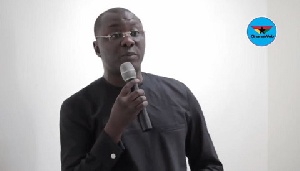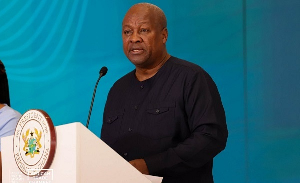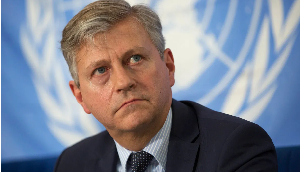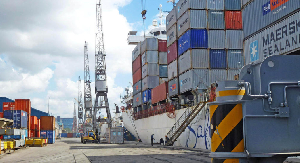Deputy Minister of Energy, Mr Mohammed Amin Adam has called on Ghanaians to be patient with government as it strategizes to deal with the pricing challenges of petroleum.
According to him, government is working to find a solution for the increase in pricing of petroleum products that affects Ghana and other countries.
He said while government appreciates the legitimate worries of its people, its making significant interventions to address them without derailing the benefits of the deregulated pricing market.
“…we should as a country be reminded that we dare not go back to the era of regulated pricing when resources meant for financing education and health were used to subsidise petroleum prices, and which in the end led to accumulation of huge debts that threatened the availability of petroleum products…,” he said.
Mr Amin Adam made this known at the opening of the fifth Ghana Gas Forum in Accra on Tuesday under the theme: ‘Driving Ghana’s Downstream Gas utilization’.
Among the measures that government was implementing to address this problem, he indicated that government had taken steps to reduce and abolish some tax components of petroleum products from 40 per cent (%) in March 2017 to 26 per cent (%).
“It is also putting in place demand and supply side strategies, including on the demand side; improvement of mass transport system by increasing number of buses and development of the railway infrastructure, and on the supply side, addressing the depreciation of the Cedi and removing supply bottlenecks,” he added.
“A Downstream Petroleum Financing policy will be introduced to address the costly financing challenges hindering supply of petroleum products to Ghana’s markets,” Mr Adam said.
He assured that government would continue to devote resources to its social interventions, including the free SHS, NHIS and reducing electricity tariffs to reduce the economic burden on Ghanaians.
On another development, Mr Senam Gbeho, Executive Secretary of the Gas Consortium, organizers of the Ghana Gas Forum, said the consortium wanted to see more happening down the gas value chain, especially in petrochemicals.
He said the gas sector presented an opportunity for the economic and social transformation of the country and while there was some recognition of this in the Gas Masterplan, there was a need for more implementation.
He said it was expected that the two-day forum would create a consensus and recommendations that can be taken to policy makers, including the Ministry of Energy and other stakeholders.
Business News of Thursday, 27 September 2018
Source: thepublisheronline.com













